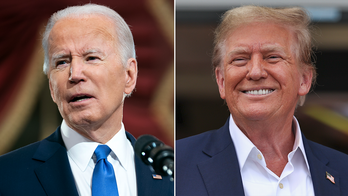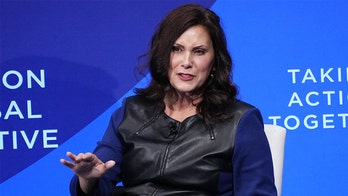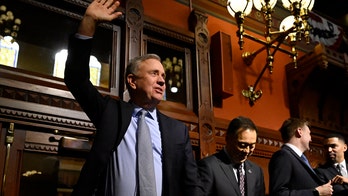WASHINGTON -- The Republican in line to lead the House Budget Committee acknowledged Sunday that the GOP is unlikely to get a repeal of a Democratic-backed health care law because President Obama can veto it, but said House Republicans will move forward on a vote anyway.
Rep. Paul Ryan of Wisconsin said Republicans have some opportunities to slow the advance of the Democratic plan by defunding actual rollouts, but acknowledged the president would have to sign that legislation.
Cognizant of missing a presidential signature, Republicans are still looking at court challenges and other congressional maneuvers to stop enactment of elements of the law.
Rep. Darrell Issa, R-Calif., who appeared with Ryan on "Fox News Sunday," said in his capacity as the next House oversight committee chairman he is looking at alternative ways to stop the health care law, including preventing "administration earmarks."
"They call them "competitive grants," Issa said, likening it to a "slush fund" that Cabinet officials are granted for their departments because Congress doesn't require the departments to designate "where you're going to put the money."
Senate Minority Leader Mitch McConnell, R-Ky., said if Congress fails to get a veto, "then we're willing to look at all the varying pieces of this."
He added that it will be difficult to repeal the law "with the president there. We know he feels this is his signature accomplishment." But, he said, "we will be revisiting this time after time."
Ryan said that Tuesday's elections were "an electoral repudiation" of the Democratic agenda, but said it will take another election in 2012 before the health care law can be fully stopped. That's when voters can move to reject a second term for the president.
Sen.-elect Rand Paul, R-Ky., said 70 percent of people in his state want to repeal the health care law or have the state attorney general challenge the constitutionality of it.
"I think there are some real constitutional questions. It's going forward. A federal judge in both Florida and Virginia have said, yes, we're going to go forward with this. So I think you will see that go forward and we will challenge it in the courts. And also we should try to repeal it," Paul said on ABC's "This Week."




